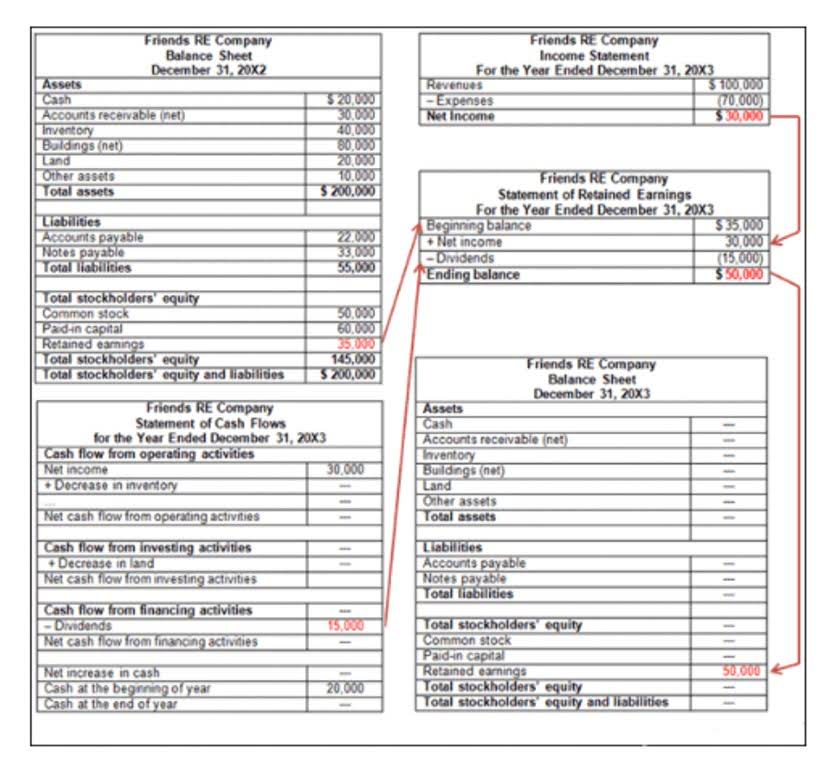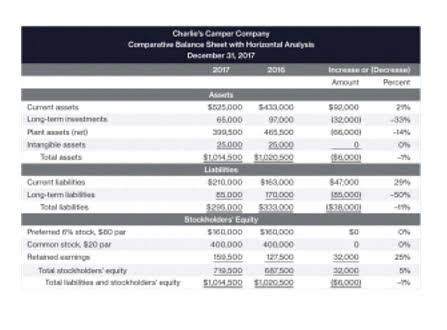
Cannabis businesses are met with several regulatory challenges due to the strict standards the laws set forth. Securities and Exchange Commission, so it requires an extra skill set beyond everyday small business accounting. Many of these banks also perform quarterly reviews of these financial statements, so marijuana companies need a cannabis-trained accountant to keep their books and records up-to-date for submission to the bank. The cash flow statement tracks the inflows and outflows of cash within a company over a specific period.

Accounting Best Practices for Operating Lease Transactions

A necessary condition is required for a given outcome to occur, but it is not sufficient to ensure the occurrence (Thomann 2020). Through our analysis, “Implementation of RS” emerges as a necessary factor for the success of outcome in the cannabis sector. This method involves assessing each condition or variable as either present (1) or absent (0), leading to a binary classification of cases. Crisp-set QCA is commonly used when conditions are clearly defined and there is cannabis accounting no ambiguity in their classification. Thomann and Maggetti (2017) explain that the QCA technique entails systematic data analysis, such as truth table analysis and logical minimization, which are conducted based on observations in the dataset (Rihoux and Ragin 2009).

GST/HST and provincial sales tax
Notably, the resolution prohibited firms authorized to manufacture CBD medications from importing cannabis plants. This preliminary regulatory legislation intended to regulate the manufacturing of cannabis-based medicines, lower treatment costs, promote industry, and benefit patients and the state. Within the realm of regulatory experimentation, certain phrases are often used interchangeably, however, they possess unique definitions. For example, throughout history, experimental approaches have played a crucial role in facilitating the integration of new technology into society.
How to Choose the Best Accounting Software
- Additionally, utilizing resources such as an Accounting Journal Entry Template can simplify the accounting process by providing a structured format for recording financial transactions.
- Accounting is crucial in the cannabis sector to ensure compliance with complex regulations, manage financial transactions accurately, and maintain transparency.
- However, the 280e internal revenue code may be subject to change due to the potential rescheduling of cannabis.
- Regular audits and reconciliations play a critical role in verifying the accuracy of financial data and detecting discrepancies early.
Despite this tax limitation, professional accountants can help to legally reduce taxable income by allocating costs to inventory and the cost of goods sold, which is mandated by IRC 471. In compliance with this, cannabis-related businesses follow strict limitations when reporting taxable income, with the cost of goods sold being the only deductible expense. Our Review of the EU RS and the German Reallabore reveals substantial differences between both frameworks in terms of scope, implementation and regulatory flexibility. While the EU framework is more expansive and flexible, enabling a range of Retail Accounting industries and experimental methodologies, the German approach is often more focused and aimed towards certain sectors with clear legal trials.

Ultimate Guide to Cannabis Accounting
They have the power to impose taxes on the cannabis industry, such as sales taxes, excise taxes, and cultivation taxes. As the cannabis industry grows, managing payroll and employee benefits becomes increasingly important. Businesses must navigate payroll tax requirements, which vary between federal and state levels, and ensure timely, accurate filings to avoid penalties.
These metrics are pivotal for your accountant when calculating numbers like the markup on your products. Many cannabis businesses have a cannabis accountant who facilitates the business’ cash flow. This involves monitoring the date cash is received from sales and when it’s used for expenses for business operations like employee salaries, property rent, production costs, and cannabis inventory. Ultimately, as a cannabis business owner, you want to stay on top of things by being well-versed and updated on both federal and state regulations.
Establishing an accountancy practice requires a comprehensive understanding of necessary qualifications and certifications. Crucial elements include relevant accounting degrees, memberships in professional bodies, and a commitment to ongoing professional development. As the above example shows, the inventory costing method you choose will impact your COGS and, ultimately, your inventory accounting. So if that would allow cannabis companies to put all of their costs into ‘cost of goods sold,’ they could completely eliminate 280E,” Richards said. Richards, a former IRS attorney turned cannabis industry lawyer, said the savings from employing the 471(c) strategy is a potential “life-saver” for small cannabis companies. Several municipalities and counties do not permit commercial cannabis activities, although cannabis is legal at the state level.
Potential drawbacks of RSs
Taxes and reporting compliance can either be a major burden or a accounting well-managed advantage for cannabis business owners. From income tax and Section 280E to excise, sales taxes, and Form 8300 reporting, navigating regulatory requirements is critical to avoiding penalties and maintaining financial stability. With constantly evolving state and federal regulations, cannabis businesses must implement proactive strategies to stay compliant. In the sections below, we’ll highlight common compliance challenges and proven strategies TGG has seen help businesses succeed.